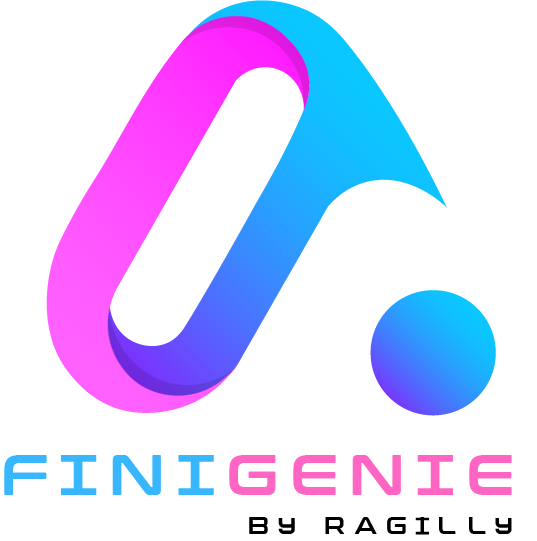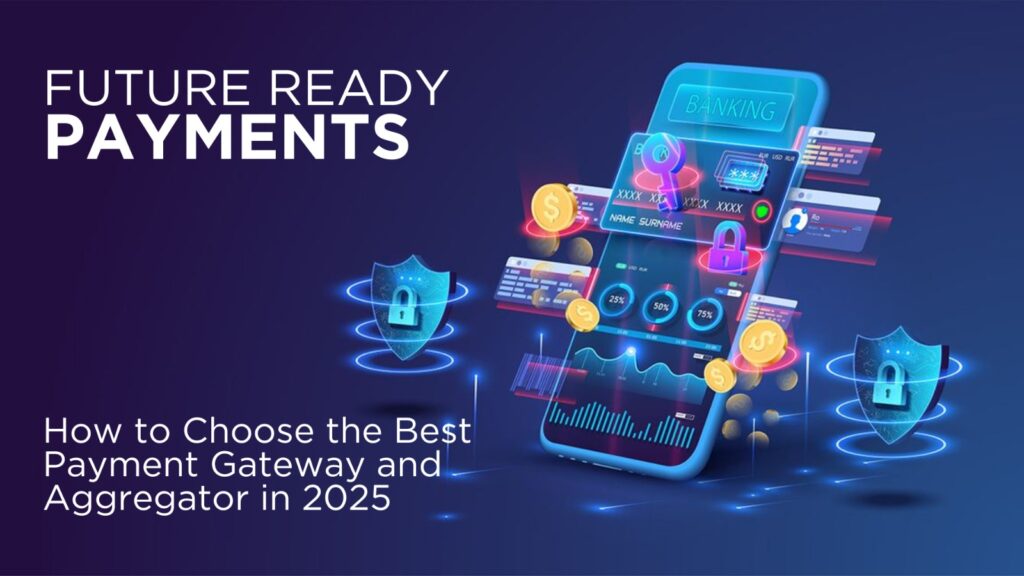Navigating the evolving digital transaction ecosystem in 2026 requires more than just selecting a simple payment solution. Today, businesses—whether startups, mid-sized enterprises, or global powerhouses—must choose technology partners that streamline payment processes, strengthen security, and optimize costs. The right combination of gateway and aggregator ensures smooth settlements, global reach, and minimal friction for customers, establishing trust and consistency in cash flow.
Why Choosing the Right Payment System in 2026 Is Vital
A payment system is not only a channel for receiving money—it’s a vital operational engine that impacts brand reliability and user satisfaction. A secure and efficient gateway shortens transaction times, supports diverse payment instruments, and shields sensitive data. In contrast, unreliable systems with unclear pricing, weak encryption, or delayed settlements can damage reputation and profitability.
For modern businesses, especially SMEs, understanding how payment gateways and aggregators differ—and how each affects rates, settlements, and global transfers—can make or break financial efficiency.
Decoding Payment Aggregators: The 2026 Perspective
A payment aggregator functions as an intermediary that allows businesses to accept multiple payment modes without needing direct integration with each bank or card network.
Benefits and Pros:
- Simplifies onboarding by removing the need for a separate merchant account.
- Accepts various payment sources like cards, wallets, BNPL services, and UPI instantly.
- Ideal for fast-growing brands that prioritize quick go-live timelines.
Cons and Considerations:
- Payout cycles may extend slightly compared with direct gateways due to batch settlements.
- Aggregators may apply broad fee slabs rather than custom pricing models, affecting margins for high-volume merchants.
- Merchant-level chargeback handling remains controlled by the aggregator, limiting personalization.
Still, for small and growing enterprises, aggregators bring scalability and speed without extensive compliance hurdles.

Essential Features: What to Prioritize in 2026
When evaluating modern gateway and aggregator services, the following attributes should guide your decision:
- Security and Compliance: PCI DSS certification, tokenization, and 3D Secure protocols remain mandatory. AI-based anomaly tracking further reduces fraud exposure.
- Transparent Fee Models: Choose partners that offer clear pricing—transaction-based percentages plus fixed charges—while exposing costs for refunds, cross-border conversions, or recurring billing.
- Integration Flexibility: A strong API and plugin ecosystem ensures seamless compatibility with e-commerce platforms, mobile apps, and POS devices.
- Support and Reliability: 24/7 response channels and near-perfect uptime guarantee stability and trust.
Time and Settlements: What Businesses Must Examine
Settlement time frames directly influence liquidity and cash flow predictability.
- Aggregators may settle within 1–3 business days, depending on volume and payment mode.
- Direct gateways, particularly those tied to a business’s own merchant account, may accelerate payouts to same-day or T+1 cycles.
Monitoring settlement frequency helps businesses balance convenience with immediate fund access.
Rate Differences and Transaction Costs
Rates vary significantly based on provider structure:
- Aggregators often charge uniform rates averaging between 2% and 3% per transaction, ideal for predictable cost planning.
- Traditional gateways may offer negotiable or tiered rates benefiting high-volume clients.
- Additional fees—refund handling, chargeback penalties, or currency conversion—should be factored into total cost analysis.
Understanding these nuances allows for data-driven selection that aligns with budget and growth goals.
Managing International Payments: Delay and Security Insights
With cross-border commerce thriving, businesses must examine how providers handle international transactions.
- Delay: Currency settlements through global networks can extend to 3–5 business days due to interbank clearances or compliance checks.
- Security: Reliable gateways deploy 3D Secure 2.0, adaptive risk management, and dedicated fraud defense for multi-currency processing.
- Rate Exposure: Foreign exchange fluctuations can slightly affect margins; some providers lock conversion rates to provide predictability.
Providers like Stripe, Adyen, and RazorpayX implement real-time FX management and AI auditing to improve transfer speed and visibility for international merchants.

Leading Names to Watch in 2026
- Stripe: Modular global solution with exceptional developer tools and AI-driven fraud protection.
- Razorpay & Cashfree: Best Indian aggregators offering fast onboarding, UPI integration, and varied settlement cycles.
- PayPal: Trusted worldwide for effortless multi-currency support suited to freelancers and small merchants.
- Adyen: Enterprise-grade infrastructure for complex international payment routing and scalable operations.
- Square/Block: Perfect for retail environments seeking POS-linked analytics and unified settlement reporting.
Strategic Tips for Smarter Payment Management
- Negotiate lower rates as transaction volumes scale.
- Activate AI fraud tools and real-time alerts.
- Combine domestic and international gateways to improve redundancy.
- Regularly review settlements, approval ratios, and refund trends.
- Stay updated with evolving PCI and RBI norms for uninterrupted compliance.
Final Thoughts
The best payment gateway and aggregator in 2026 isn’t defined by brand prestige alone—it’s a blend of data security, transparent costs, swift settlement timelines, and international reliability. Whether you’re processing local UPI payments or global card transactions, your choice determines cash flow efficiency, customer trust, and operational growth. A dynamic, security-first, and analytics-driven payment strategy will keep your business ahead in the digital commerce race.



